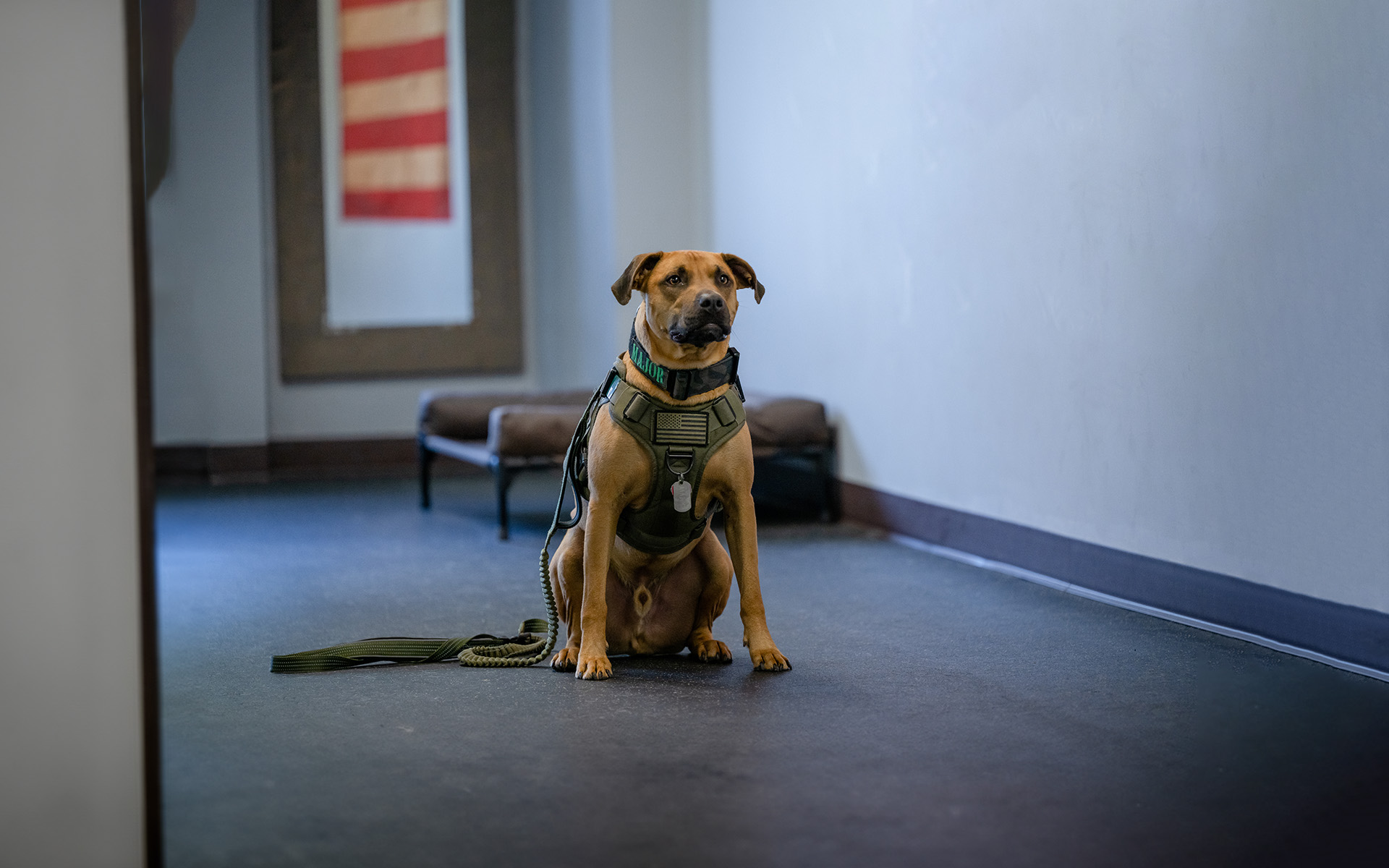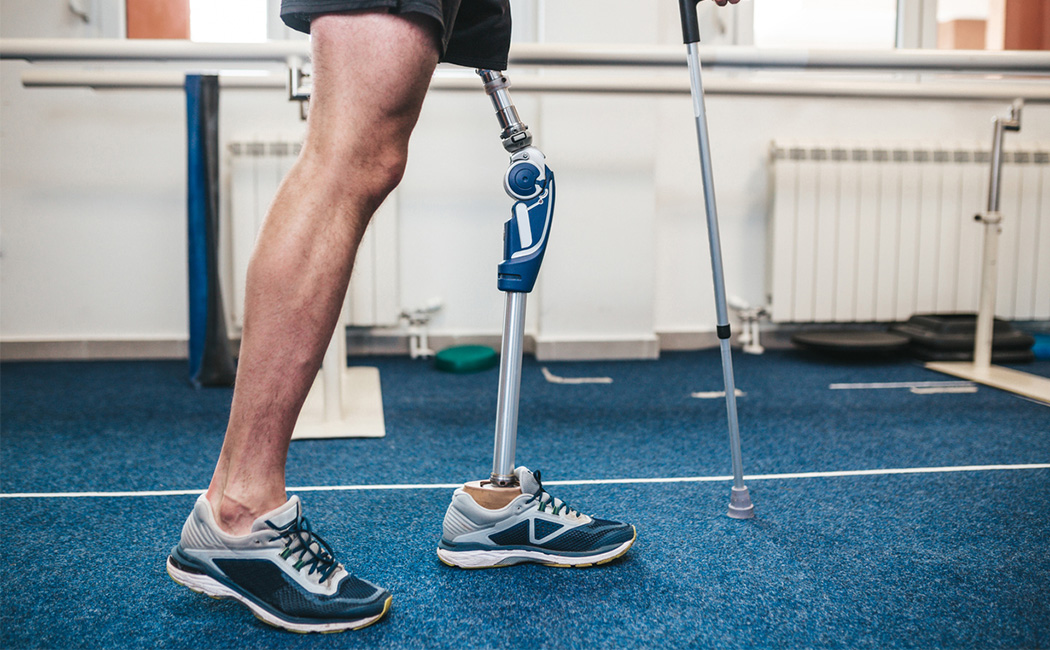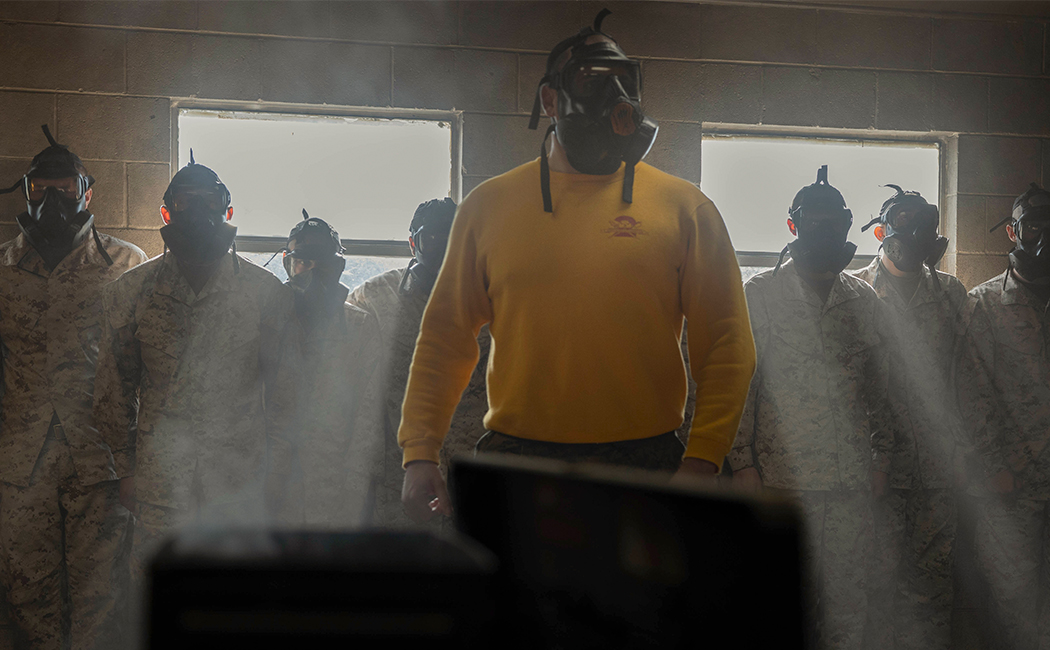The Role of Service Dogs in Supporting Veterans
The Role of Service Dogs in Supporting Veterans
In the journey toward healing and adapting to life after service, many veterans face unique challenges, ranging from physical disabilities to mental health conditions like PTSD. Amidst various therapeutic approaches, one particularly compassionate form of support stands out—service dogs. These devoted companions are more than pets; they are trained to perform tasks that can significantly improve the quality of life for veterans. In this article, we delve into the invaluable role of service dogs in assisting veterans, exploring the benefits, the training process, and how to start the application process for receiving a service dog.
Understanding the Value of Service Dogs for Veterans
Service dogs for veterans are specially trained to help with both visible and invisible wounds. Animal-assisted therapy has gained recognition for its effectiveness in improving mental and physical health, offering companionship, and reducing stress and anxiety levels. Veterans suffering from PTSD, for example, can benefit immensely from the presence of a service dog, experiencing a sense of safety and calm that comes from the dog’s constant, reassuring presence.
The Benefits: More Than Companionship
The impact of service dogs extends beyond mere companionship. These animals are trained to perform specific tasks tailored to the veteran’s needs, including but not limited to:
- Physical Assistance: Service dogs can help veterans with mobility issues, retrieve items, open doors, and even alert them to sounds for those with hearing impairments.
- Emotional Support: For veterans dealing with anxiety, depression, or PTSD, service dogs can provide a calming presence, reduce episodes of panic, and offer a sense of security.
- Daily Routine: They assist in establishing a structured day, which is crucial for veterans adjusting to civilian life or managing mental health challenges.
For more on the benefits of service dogs, visit Psychiatric Service Dog Partners for detailed insights into how these animals aid in psychiatric conditions.
The Training Process: Tailoring Companions to Veterans’ Needs
Training a service dog for veterans is a meticulous and specialized process, often taking months to years, depending on the required tasks. Dogs are trained to meet the specific needs of their future handlers, ensuring they can effectively assist with both physical tasks and emotional support. This training is conducted by professional organizations, with some programs even involving veterans in the training process to foster a deeper bond between the dog and its handler.
Organizations like Paws With A Cause offer insights into their training methodologies and how they prepare dogs for their roles in supporting veterans.
Applying for a Service Dog: Starting Your Journey
The path to obtaining a service dog begins with understanding your specific needs and finding an accredited organization that trains service dogs for veterans. Here’s a simplified overview of the process:
- Assessment: Evaluate your specific needs to determine how a service dog could assist you. This might involve consultations with healthcare providers or therapists.
- Research: Identify reputable organizations that provide service dogs to veterans. Look for programs accredited by bodies such as Assistance Dogs International (ADI).
- Application: Complete an application process, which typically involves providing medical documentation of your disability and how a service dog would benefit you.
The Department of Veterans Affairs provides resources for veterans seeking service dogs, including eligibility criteria and application processes.
Nonprofits to Help Veterans Find a Service Dog
Several nonprofit organizations dedicate themselves to helping veterans by providing service dogs, covering training costs, or even helping with funding for the care of these dogs. Here are some notable nonprofits in this field:
- America’s VetDogs: Specializes in providing service dogs to veterans and active-duty members who have suffered serious injuries and emotional harm. They cover all costs, including the dog, training, and follow-up services.
- Paws for Purple Hearts: Offers canine-assisted therapeutic programs and service dogs to veterans and active-duty members facing PTSD and other psychological challenges from their service.
- K9s For Warriors: Dedicated to providing service dogs to military veterans suffering from PTSD, traumatic brain injury, and other service-related traumas. They offer a comprehensive program that includes the dog, training, and residential stay during the training period.
- Canine Companions: Provides highly trained assistance dogs to veterans with disabilities completely free of charge, enhancing their independence and quality of life.
- Warrior Canine Connection: Utilizes a therapeutic model that involves veterans in the training of service dogs, offering a dual benefit of providing emotional healing for the veteran and a trained service dog for a fellow veteran.
- Freedom Service Dogs of America: Rescues dogs and custom-trains them for veterans with PTSD, traumatic brain injury, mobility issues, and more, supporting the veteran-dog teams for the lifetime of the service dog.
Conclusion
Service dogs offer invaluable support to veterans facing the challenges of physical disabilities and mental health conditions. For veterans considering a service dog, understanding the commitment involved, and recognizing the potential benefits, is the first step toward a life-changing decision. They are not just pets; they are skilled companions trained to provide specific assistance, emotional support, and a path toward improved quality of life.








